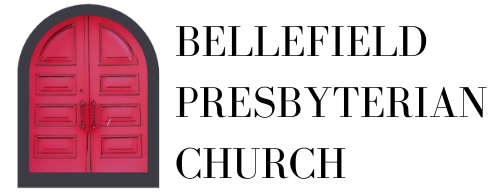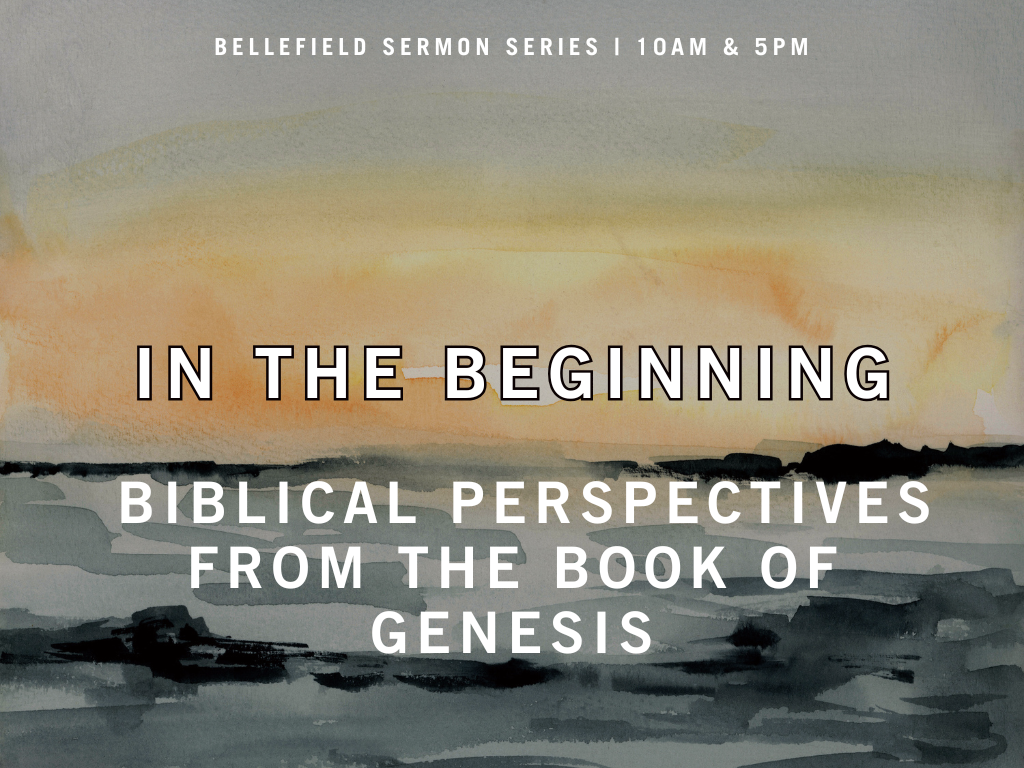Understanding Church Governance
Church Governance & Leadership

Bellefield family,
This Sunday is our annual Congregational Meeting, during which we will elect Elders and Deacons. This process may be very familiar to you, though it's not the only way that churches do things. Throughout history, there have been three main models for church governance and leadership. They are:
Episcopal: This comes from the Greek word for 'bishop', and it has a central individual who is responsible for leading a congregation or network of congregations. That individual is the spiritual (and organizational) leader of the church, uniquely responsible for overseeing its life and ministry. It can be an efficient form of government with clear decision-making channels and centralized authority, though it can be susceptible to poor or even sinful leadership depending on the individual. Examples of this system include the Roman Catholic Church, the Episcopal and Anglican Churches, and some non-denominational churches built entirely around a single influential leader.
Congregational: Although this model typically has pastors, elders, and/or deacons who serve the local congregation, all significant decision-making authority is vested in the congregation. Church members will discuss, debate, and vote upon most aspects of congregational life and ministry as a whole. While this model does affirm the idea of 'the priesthood of all believers' (e.g. 1 Peter 2:9-10), it can be prone to divisiveness and often ends up practically functioning like the next model described. Examples of this system include Baptist churches and many non-denominational churches.
Presbyterian: This comes from the Greek word for 'elder', and is a system where Teaching Elders (Pastors) and Ruling Elders (Session) are elected by the congregation to lead the congregation together. They are supported in this work by Deacons, who are elected by the congregation to provide a ministry of care and compassion. The full congregation does vote on certain matters, though the responsibility for most of the day-to-day life of the church is vested in these elected officers. This model is based upon the descriptions of church leadership found in passages like 1 Timothy 3:1-13; TItus 1:5-9; Philippians 1:1; Acts 6:1-7, 14:23, and 20:17. Though not immune to poor or even sinful leadership, this model seeks to share accountability and responsibility by prayerfully identifying those whom God has called to serve the church in certain capacities. Examples of this system include....us (and many other congregations even if they don't have the word 'Presbyterian' in their name).
In our Congregational Meeting on Sunday, you'll get to see this third system of church government in action. All are welcome to attend, though only Bellefield members are eligible to vote. There are two items of business that the Session will be presenting to the full congregation.
First, the Nominating Committee will present a slate of nominees to be elected to serve as Elders and Deacons. These men and women will help provide leadership and service to our congregation and community. Second, we will present a draft of our 2025-2026 budget for your review. This will allow you to see how we plan to steward the resources that God provides through your generous giving.
More than just an organizational obligation or bureaucratic duty, this meeting is part of the way we participate together in the life and ministry of this congregation, and how we work together to pursue our vision to "love, share, grow, and serve". See you there!
Grace and peace,
Josh


